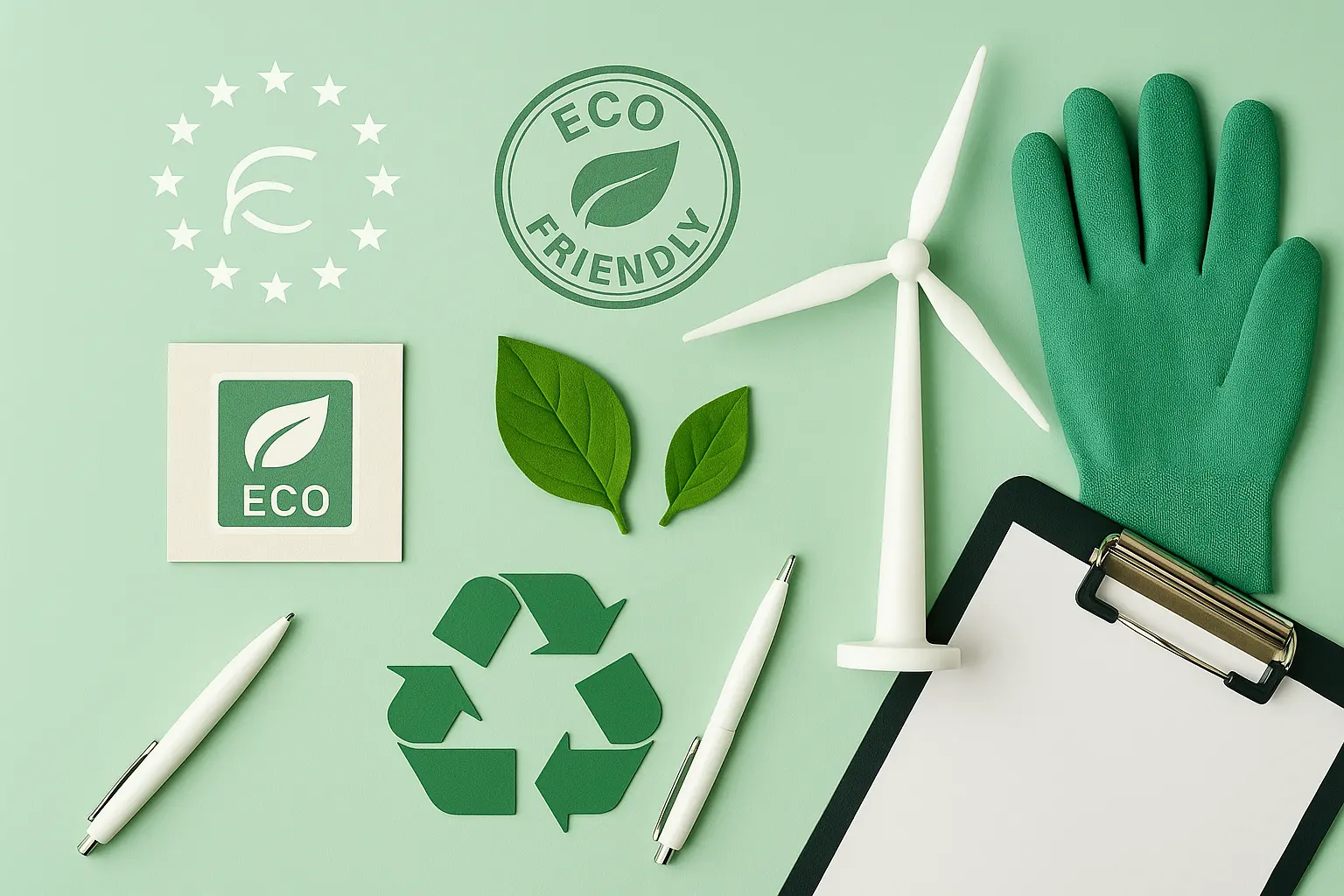Recyclable Product Certification
In today’s sustainability-driven market, ensuring that products are truly recyclable is crucial. Recyclable product certification not only helps manufacturers meet regulatory requirements but also enhances brand reputation and consumer trust. This service provides comprehensive testing to verify the recyclability of materials used in manufacturing processes. By analyzing how easily a material can be recycled into another product or component, we ensure compliance with international standards.
Our team works closely with clients to understand their specific needs and develop tailored testing protocols. This includes assessing chemical composition, mechanical properties, and degradation rates under various recycling conditions. We use advanced laboratory techniques such as thermal analysis (TGA), spectroscopy (FTIR), and microscopy (SEM) to provide detailed insights into the material's recyclability.
The importance of recyclable product certification cannot be overstated. It plays a pivotal role in reducing environmental impact, promoting circular economy practices, and fostering innovation within industries such as plastics, metals, electronics, and packaging. Compliance with international standards like ISO 14021 and ASTM D7854 ensures that your products meet stringent quality benchmarks.
For manufacturers looking to introduce sustainable practices into their operations, recyclable product certification offers valuable data on potential recycling pathways. This information can guide design choices, material selection, and process optimization efforts aimed at minimizing waste generation throughout the lifecycle of a product.
We pride ourselves on delivering accurate, reliable results that are crucial for successful application in regulatory submissions or internal quality assurance programs. Our team of experts leverages decades of combined experience to deliver actionable insights through our reports.
Applied Standards
| Standard | Description |
|---|---|
| ISO 14021 - Life Cycle Assessment (LCA) | This standard provides guidelines for conducting and communicating life cycle assessments of products. It helps organizations measure the environmental impacts associated with all the stages of a product's life, from raw material acquisition to final disposal. |
| ASTM D7854 - Plastics - Determination of Recyclability Potential of Plastics Packaging Containers and Components | This test method evaluates the recyclability potential of plastic packaging containers and components by simulating recycling processes. It assesses factors such as compatibility, contamination risks, and energy efficiency. |
| EN 13435 - Sustainable Product Declaration (SPD) | The SPD standard requires manufacturers to disclose information about the environmental impacts of their products throughout their entire lifecycle. This includes raw material extraction, manufacturing processes, usage phase, end-of-life treatment options, and waste management practices. |
| IEC 62474 - Electronic Products and Components - Recyclability Requirements for End-of-Life Electronics | This standard sets out requirements for the recyclability of electronic products at their end-of-life stage. It covers aspects like material composition, design for disassembly, and ease of recycling. |
Industry Applications
- Plastics industry - Assessing the recyclability of polyethylene (PE), polypropylene (PP), polyvinyl chloride (PVC), etc., used in packaging materials.
- Metals sector - Determining the suitability of stainless steel, aluminum alloys, and other metals for secondary processing into new products.
- Paper and pulp industry - Evaluating the reusability and recyclability of paper-based products like corrugated boxes and magazines.
- Electronics manufacturers - Ensuring compliance with IEC standards while designing products that can be easily dismantled for responsible disposal or repurposing.
| Industry Application | Description |
|---|---|
| Packaging & Consumer Goods | This application focuses on ensuring that packaging materials such as cardboard, glass bottles, and aluminum cans can be effectively recycled into new products. |
| Construction Materials | Testing the recyclability of concrete, bricks, and other construction materials to promote sustainable building practices. |
| Automotive Industry | Evaluating components like bumpers, fuel tanks, and seat frames made from recyclable metals or plastics for ease of recycling post-consumer use. |
| Bioplastics & Compostables | Assessing the biodegradability and compostability of plant-based plastics to ensure they decompose safely in industrial compost facilities. |
Why Choose This Test
Choosing recyclable product certification is essential for several reasons:
- Regulatory Compliance: Meeting environmental regulations set by governments and international bodies ensures long-term viability of your business.
- Innovation & Differentiation: Demonstrating commitment to sustainability can give you a competitive edge in the marketplace.
- Cost Savings: Early identification of non-recyclable components allows for cost-effective redesign before full-scale production begins.
- Risk Management: Understanding potential issues early helps mitigate risks associated with product end-of-life.
- Customer Satisfaction: Providing transparent information about your products' environmental impact builds trust with consumers who value eco-friendly options.
Our service offers more than just compliance; it provides deep insights that can drive strategic decisions within your organization. From R&D teams to procurement departments, everyone stands to benefit from the knowledge gained through recyclable product certification.





